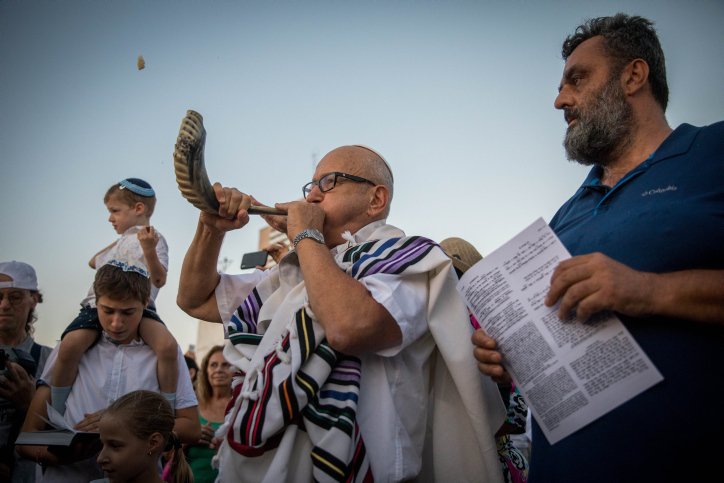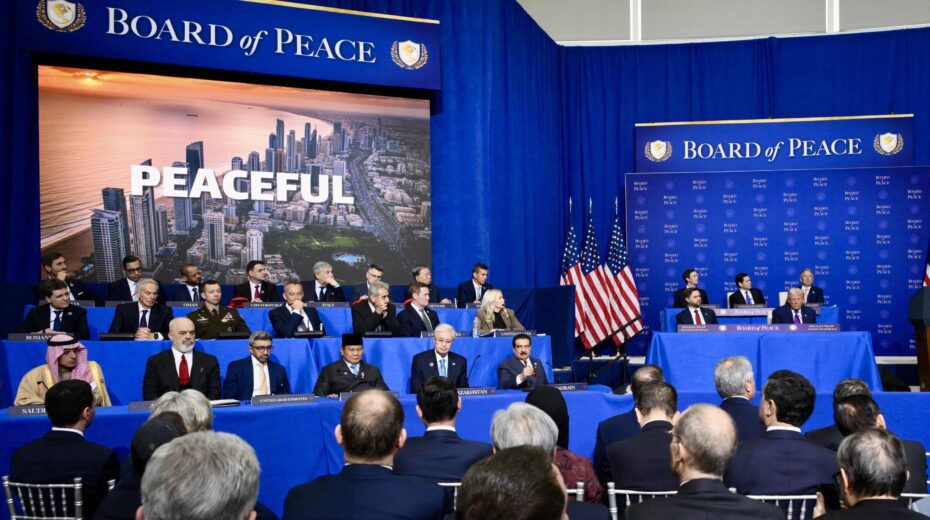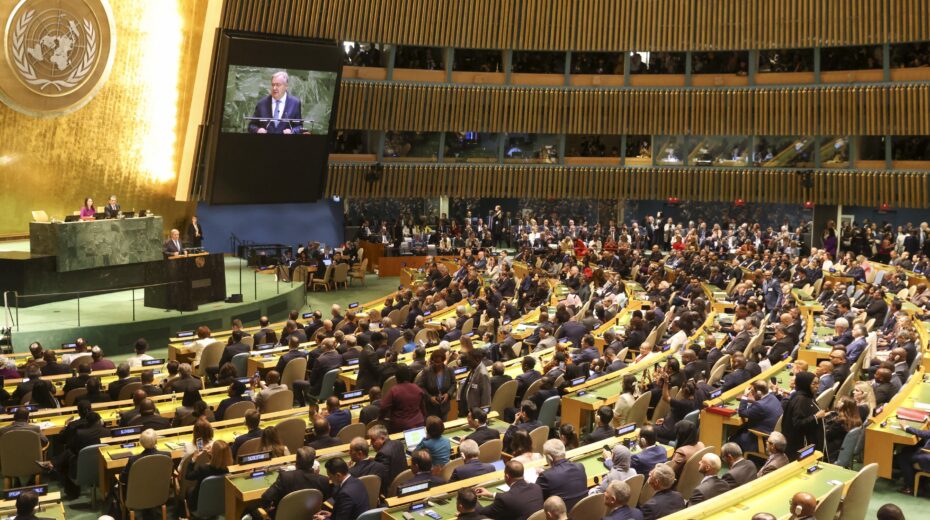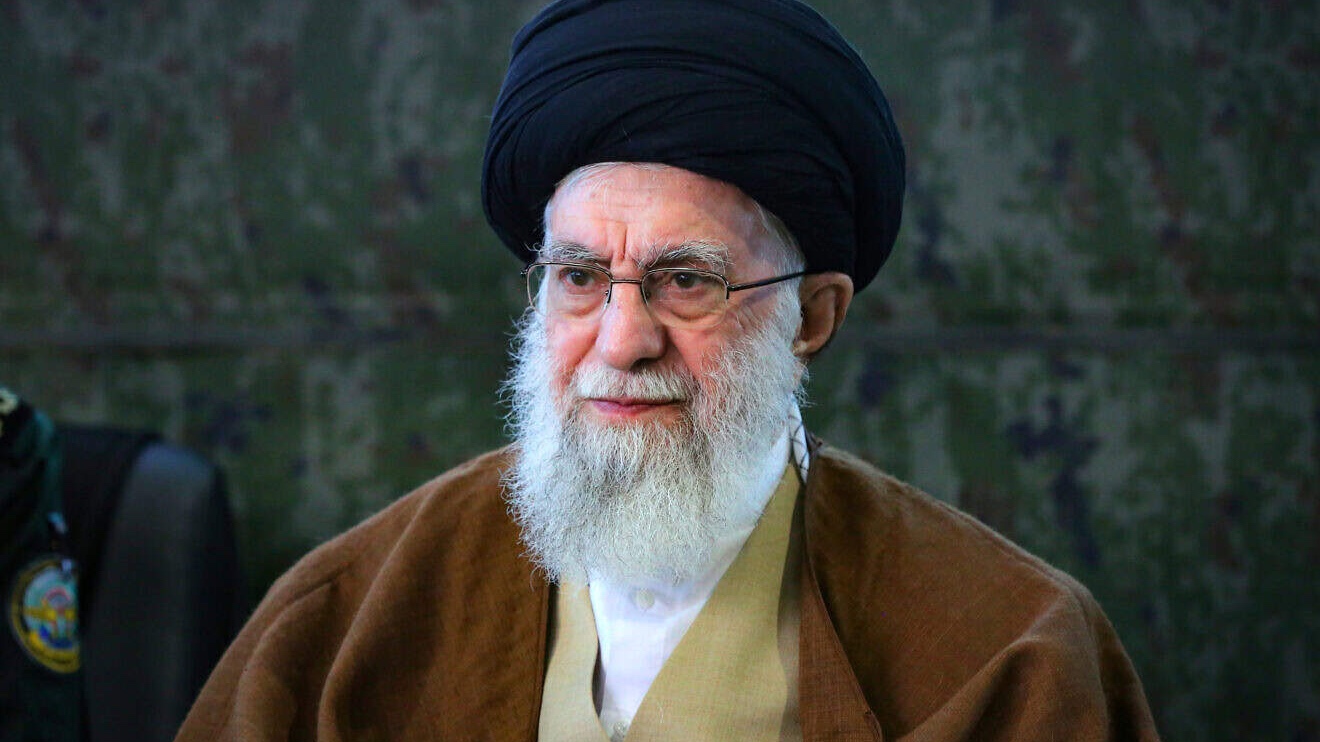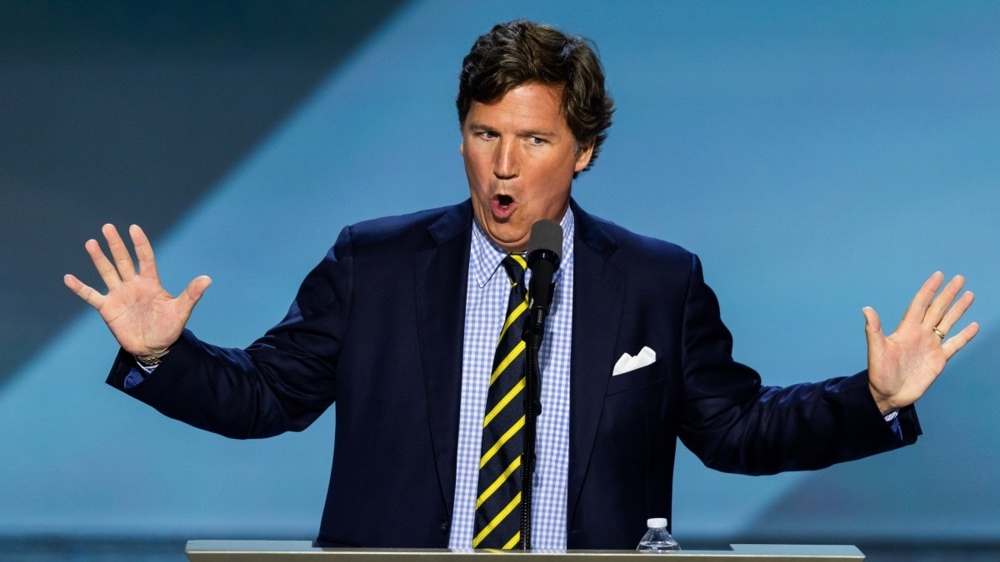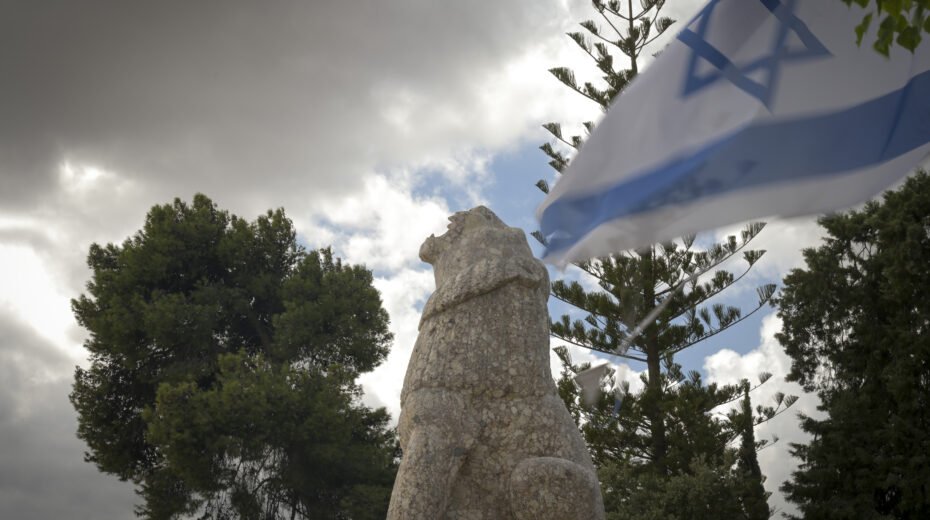The late Israeli President Shimon Peres once stated, “I have earned the title of expert. It is only on what was. There is no expert on what will be. And yet, without knowing the future, I remain a man full of hope.” As Jewish people across the world prepare to celebrate Rosh Hashanah, it is important to recall that much has changed since Rosh Hashanah 2020.
For starters, Israel has a new prime minister, and the United States a new president. In Israel, Naftali Bennett managed to become prime minister, even though he only commands six seats in Knesset. He formed a coalition together with a number of left-wing parties, including the radical Meretz party and the Islamist Ra’am party. Even though many speculated that a coalition consisting of Bennett, Avigdor Liberman and Gideon Sa’ar on one side and Yair Lapid, Ra’am, Meretz and Labor on the other would not last long, as these parties share little in common, they have so far managed to remain as a coalition and even to pass a state budget. A minor miracle given that the allocation of finances has brought down governments which appeared to be more stable.
On the downside, the presence of an Islamic Arab party in the new Israeli coalition government has not improved Israeli-Palestinian relations. In fact, this past year, the Palestinians and their supporters within Israel-proper were in full conflict with the Jewish state during Operation Guardian of the Walls. The incitement within the Palestinian Authority has not died down since then. Indeed, to date, both the Palestinian Authority and Hamas refuse to join the Abraham Accords, which led to Morocco, Sudan, Bahrain, the United Arab Emirates and Bhutan making peace with the Jewish state. Hamas is still holding Israelis hostage and is refusing to release them, just like they did last year. Hamas is still launching incendiary balloons into Israel and recently threatened: “All means are available to break the siege,” the Palestinian propaganda claim that Israel still occupies Gaza. See 100 Years: Gaza Was Never Free.
Although the new Israeli government has maintained the Abraham Accords, it should be noted that the momentum for making peace with new Arab countries has died down since Netanyahu left office. The fact that the new government prioritizes the environment over respecting oil deals with Abu Dhabi and that they are more compromising regarding Iran has not endeared this new Israeli government to Arab countries in the Persian Gulf.
In the United States, Joe Biden, a Democrat, became US President. As a result, the Iranian nuclear deal is back on the table, even though Iran recently elected the radical Ebrahim Raisi, known as the “Hangman of Tehran,” as President. This is much to the chagrin of the State of Israel and its allies in the Persian Gulf. About a year ago, the Iran nuclear deal was dead, and no one could speculate that the United States would ever provide sanctions relief to the mullahs, until their regime is toppled. Now, an Iranian nuclear deal is desired by the US President and the new Israeli government prefers damage control to confronting him outright. Gone are the days of having an Israeli Prime Minister who stands up to the American President in his own US Congress.
Due to the change of power in Washington, DC, the United States also withdrew from Afghanistan in haste, thus making it easy for the Taliban to take over. If Trump were still president, this would not have happened. Although Trump also discussed having the US withdraw from Afghanistan, Chris Miller, Trump’s last acting defense minister, stated that this talk was a “ruse” to get the Afghan President to quit or accept a power-sharing agreement, and that Trump would have kept some forces in Afghanistan for counter-terrorism purposes. He believed the Taliban taking over could have been avoided had Biden withdrawn in a manner that was in accordance with what security advisors recommended instead of getting out in haste and leaving many people stranded under Taliban rule.
America’s withdrawal from Afghanistan has international implications. A Russian analyst has argued that the withdrawal from Vietnam and the collapse of South Vietnam led to the so-called Vietnam Syndrome, which he said “deeply affected US society and caused a rift. The United States now has the ‘Afghanistan Syndrome’…. The most important feature is the loss of American faith in military power and the impact of its actions. Of course, this time, the loss of confidence in US military action is not limited to the United States and is seen around the world.”
In other words, what the US did in Afghanistan can be repeated in Iraq and elsewhere, which has the result of aiding the mullahs in Tehran. In fact, Iranian political analyst Dr. Reza Parchizadeh reported: “Users of social networks in Iran and Afghanistan announced the publication of videos and several photos of the looting of a number of armored war ware and equipment, including tanks and military vehicles of the Afghan Army and their transfer to Tehran.”
What happened in Afghanistan also caused many US allies to lose faith in America. Ayoob Kara, who served as Israel’s Communication, Satellite and Cyber minister, stated that the countries in the Middle East have lost complete confidence in America and will now look elsewhere for support, as demonstrated by the recent summit in Iraq, which was attended by French President Emanuel Macron, but not Biden.
Ans of course the coronavirus vaccine. The vaccines were giving us hope that perhaps next year will be better than the past year was, but the Delta and other variants have proved resistant to the vaccines. Still, various studies conclude that a third dose of the Pfizer vaccine cuts the risk of infection by 70% or more and Israeli travel restrictions and gatherings for Jewish holidays are far less stringent than last year.
Schools opened on time on September 1st, which enables Israelis to live a far more normal life than they did last year. Though many are asking Is Pfizer Vaccine to Blame for Israel’s High COVID Infection Rate?
In conclusion, much has changed since last Rosh Hashanah. What lies ahead of us? Only G-d knows. As we celebrate the Jewish New Year, there are things to be concerned about, but there is always our Hope. And on that note, let us say L’Shana Tova, may you have a Blessed New Year!

